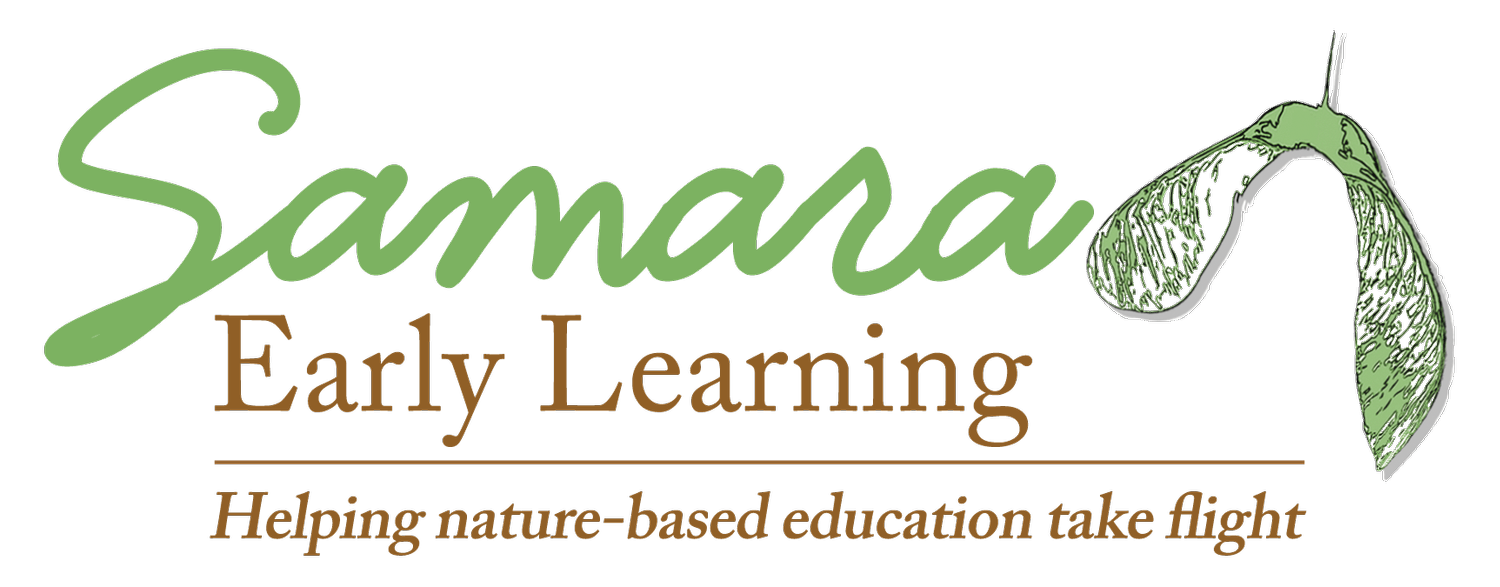Tracking Free Play in Nature-based Education
This episode of the Mindful Turtle Podcast originally aired October 27, 2024. To receive podcast updates and other nature-based early childhood education news, subscribe to Samara Early Learning’s weekly newsletter written by Dr. Rachel A. Larimore.
Listen to this episode of the Mindful Turtle now:
This week’s episode kicks off a short series focused on time allotments in nature-based learning schedules. This first installment focuses on examining how much time children are engaged in free play.
Rachel asks listeners to reflect on their schedules: how much time is allocated to free play indoors versus outdoors? What about exploration beyond the fence?
Some ideas to keep top of mind as you reflect this week:
Why is Free Play Important?
Free play is intrinsic to nature-based early childhood education, and is characterized by child-led activities where children choose their own activities based on their interests. In contrast, teacher-led activities impose adult goals and parameters.
Striking a balance between child-led and teacher-led activities is crucial. It’s perfectly fine to engage with children during their play, but we have to be aware that our words and actions will influence the play. There may be times where it makes more sense to be quiet. Our role is to facilitate a rich environment filled with materials that enhance their play without dictating it.
To learn more about SciEPLAY, a project dedicated to exploring how preschoolers and kindergarteners engage in science and engineering practices through play, visit the website here. This is a collaborative project between Samara Early Learning, Bowdoin College, and Maine Math and Science Alliance.

